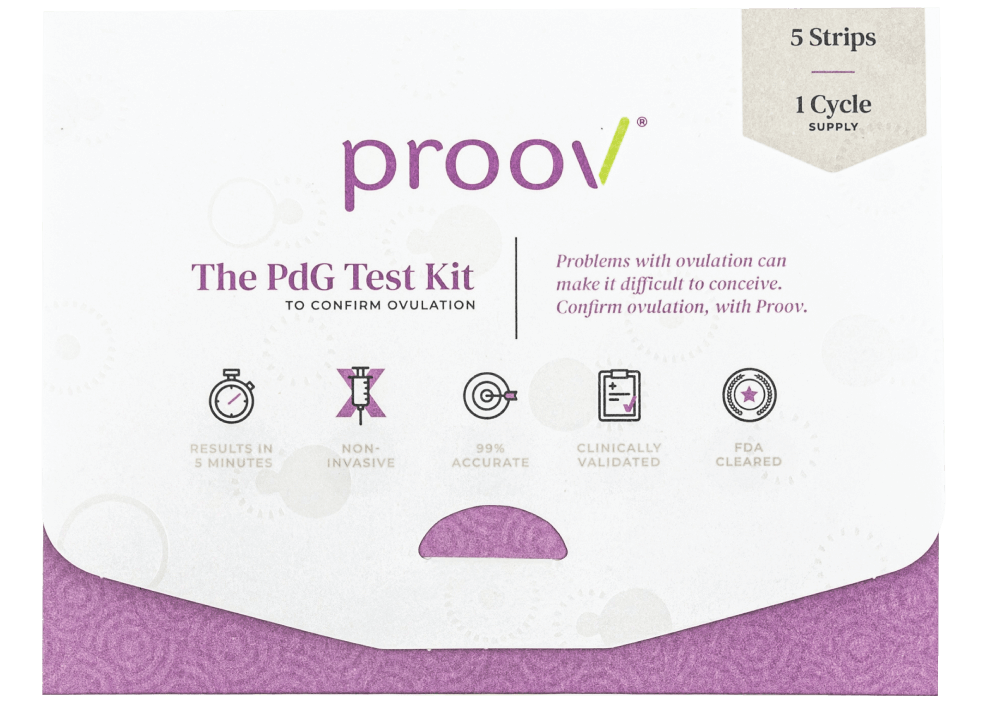
Hormone testing company Proov has reportedly received patent issue notification for a utility patent covering a method of determining that the fertile window is opened following a positive result for LH and determining that the fertile window is closed following a positive result for PdG when such results are observed on a lateral flow assay test. The patent further includes claims covering Proov’s proprietary method of evaluating corpus luteum functionality by testing PdG levels in urine during the 7-10 day implantation window to estimate whether progesterone levels are sufficient in association with ovulation. As a first-of-its-kind patented method, Proov’s IP will help women to better determine if hormones remain at ideal levels during this critical period of time, indicating healthy ovulation.
Progesterone is a critical hormone produced by the ovary after ovulation. One of the main roles of progesterone is to prepare the uterine lining for implantation. Without enough progesterone after ovulation, it can be more difficult for implantation to occur. However, prior to Proov – the only FDA-Cleared urine PdG test – no diagnostic test could assess ovulation quality to determine if a woman produced enough progesterone to confirm a healthy ovulation, giving her the best chance at successful conception.
Founder and CEO of MFB Fertility, the company behind Proov, Amy Beckley adds “It has been our mission since day one to offer new and important ways to measure and understand your body that aren’t traditionally offered in a doctor’s office. As our patented and patent pending new technologies demonstrate, we expect to continue modernizing women’s access to useful diagnoses that are relevant to their bodies and their ability to get pregnant.”
Proov Tests are available at Target, Amazon and proovtest.com and are used by doctors across the United States. They are non-invasive and cleared for home use, making fertility diagnostics more accessible to patients.



